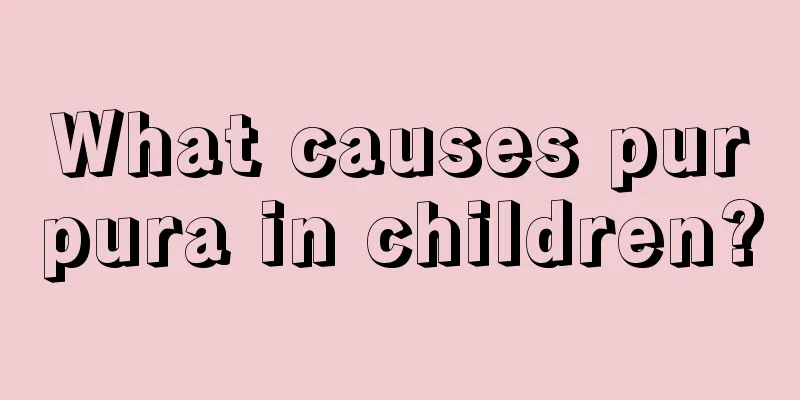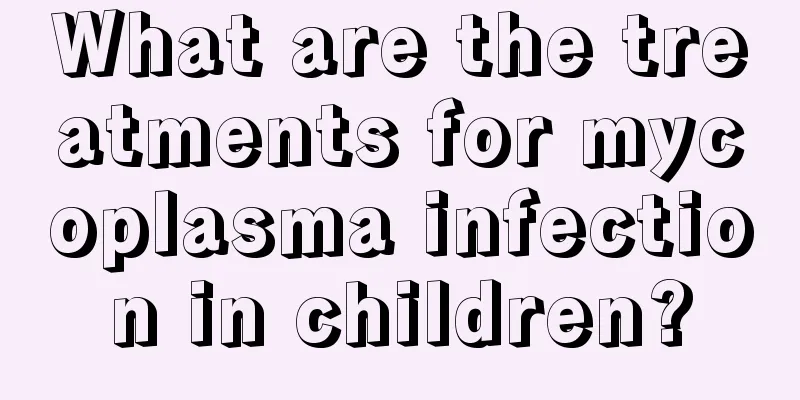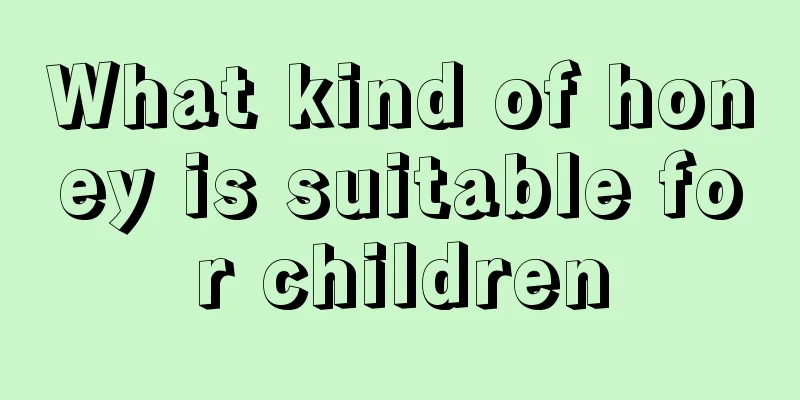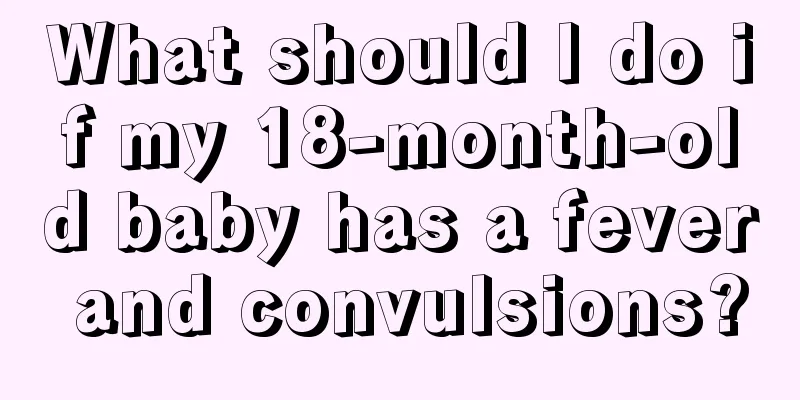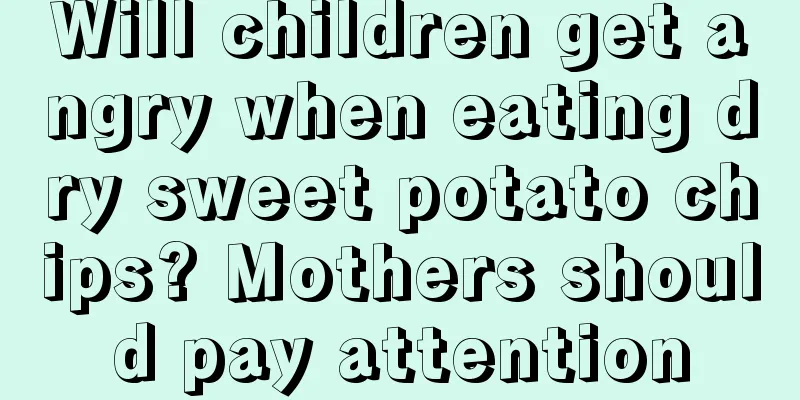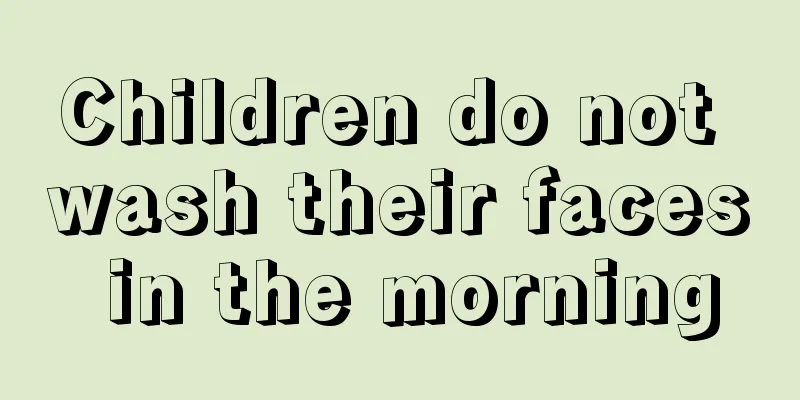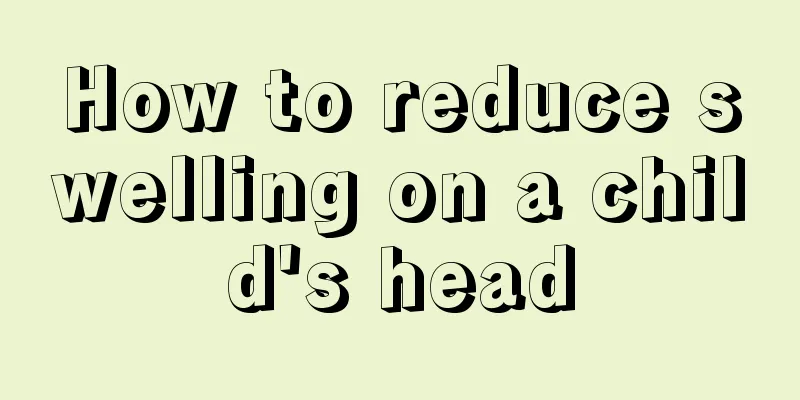What to do if a child has a fever and vomits
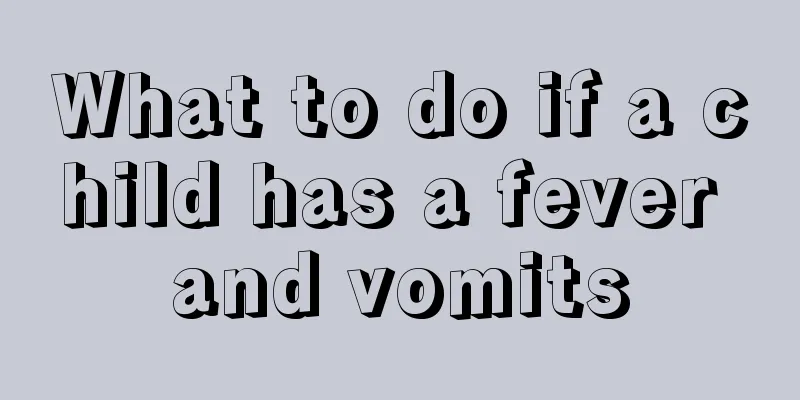
|
Clinically, it is very common for children to have a fever during the season change. After catching a cold, most children often vomit as their fever symptoms worsen. Therefore, parents obviously need to deal with the fever and vomiting symptoms of children as soon as possible. So, what should children do when they have a fever and vomiting? First of all, don’t rush to reduce the fever, but find out the cause of the child’s fever. Fever is not a disease, it is like an alarm bell for the body, reminding you that something abnormal is happening inside the body. At the same time, fever is also a defense measure of our body against pathogenic microorganisms. To a certain extent, appropriate fever is beneficial to enhance the body's resistance and eliminate pathogens. So if the child does not have a high fever, do not rush to reduce the fever immediately, otherwise it will hide the real cause of the disease. Generally speaking, bacteria and viruses are the most common sources of infection for babies. The treatment methods for fever caused by these two situations are completely different. If it is a bacterial infection, the treatment effect will be very good as long as the right antibiotics are chosen. If it is a viral infection, there is currently no specific medicine. You can take Virus Ling, Isatis Root Granules, Honeysuckle, etc. The fever caused by viral infection will subside on its own after a certain period of time. You should not try to treat the fever by all means and use all kinds of medicine at once. deal with: 1. Replenish water. If you feel chilly and shivering, add a small amount of clothes. If not, reduce the amount of clothes and quilts to allow the heat to evaporate naturally. 2. Take a warm bath, pat the whole body with water slightly higher than body temperature, or soak it or use an ice pillow, but do not wipe it with alcohol, because it is more stimulating and causes tremors, blood vessels to constrict, and the body temperature to rise. 3. Antipyretic drugs such as Ventolin, Panadol, and rectal suppositories can be given according to the doctor's advice, but do not shorten the administration time or increase the dosage without authorization just because the fever has not subsided. 4. If you have cramps, unconsciousness, severe vomiting, diarrhea, difficulty breathing, abdominal tenderness and hardness, headache, neck stiffness, etc., you may have other complications and you must seek medical attention immediately. From the above, it can be seen that when dealing with children's fever and vomiting, the first thing parents should do is to find out the cause of the child's fever, and then treat the cause of the child's fever first to prevent the child's fever and vomiting symptoms from becoming more and more serious during the treatment process. |
<<: What to do if a child has a fever at night
>>: What to do if a child has a fever of 40 degrees
Recommend
Is it normal for children to sleep all the time when they have a fever?
It is inevitable that children will have a fever ...
Why do two-year-old babies love to bite?
A two-year-old baby always likes to bite people. ...
How to treat pediatric eczema through massage?
Eczema is a common skin disease. Baby eczema is c...
What causes children's toenails to fall off?
Parents are very concerned about their baby's...
Tooth decay
When a child's teeth are eaten by insects, it...
Which department should children with ADHD go to?
Nowadays, medicine is becoming more and more adva...
What to do if your child has canine teeth? Here are three things you should know
It is quite normal for children to have canine te...
Developmental indicators of 1 and a half year old baby
One and a half year old babies have their own dev...
What kind of exercise can help children grow taller?
As parents, of course we hope that our children g...
Baby Diapers
After giving birth, a mother's biggest worry ...
What is the cause of white ringworm on the face of a 4-year-old child?
Although children do not care much about their ap...
The child has repeated fever within one month
Nowadays, most colds are caused by bacteria. Babi...
What food is good for babies with anemia?
Baby's anemia is generally physiological anem...
Why does my baby suddenly not like to drink milk powder?
If the baby suddenly doesn't like to drink mi...
Why does the baby sweat and smell?
The healthy growth of the baby is what parents ho...
